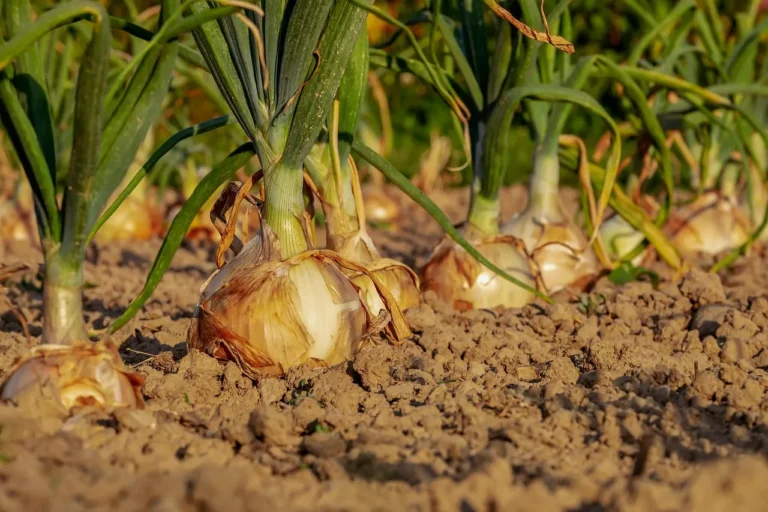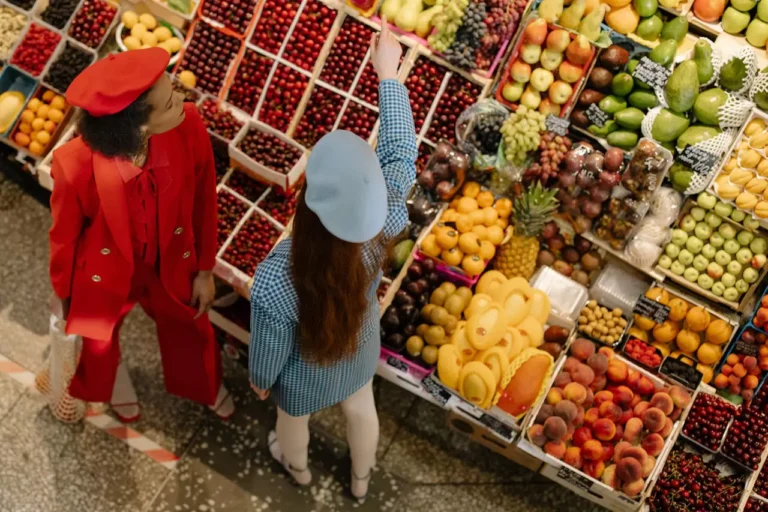
Amid ongoing concerns about federal cutbacks to food safety programs, California’s leafy greens farmers are taking a proactive stance to reassure consumers that robust safety measures remain firmly in place. These farmers, through their participation in the California Leafy Greens Marketing Agreement (LGMA), continue to uphold stringent, science-based practices designed to ensure the safety of products such as lettuce, spinach, and cabbage—foods often consumed raw and therefore more vulnerable to contamination.
This commitment to safety was highlighted in a recent segment of CBS Sunday Morning, which brought national attention to the efforts being made by leafy greens growers across the Golden State. Reporter David Pogue visited the farm of Jack Vessey in Holtville, California, where he explored firsthand how California’s leafy greens community is managing food safety independently and effectively, even in the face of uncertainty at the federal level.
At the heart of these efforts is the LGMA—a collaboration between California farmers and the state’s Department of Food and Agriculture (CDFA). Created in 2007 in response to several foodborne illness outbreaks linked to leafy greens, the LGMA was built to elevate safety standards and restore public confidence in fresh produce. The program mandates that member farms follow a rigorous set of food safety practices, which are independently verified through regular audits conducted by CDFA inspectors.
Describing the LGMA as “a coalition of farmers overseen by the California Department of Food and Agriculture who’ve agreed to adopt food safety protocols sooner and more stringent than the government’s,” Pogue noted that 94% of all leafy greens grown in the U.S. are produced under this agreement. This means that the vast majority of leafy greens on supermarket shelves are cultivated under a watchful eye, with standards that often surpass those required by the federal government.
Tim York, Chief Executive Officer of the LGMA, emphasized the resilience and independence of the program. “This CBS Sunday Morning show offers a quick look at what leafy greens farmers are doing to prevent outbreaks,” said York. “We want to stress that the LGMA program is not affected by recent changes at the U.S. Food and Drug Administration. Our farmers are still required to adhere to science-based food safety protocols, and we are constantly reviewing and improving these protocols.”
York added that state auditors from the CDFA continue to inspect fields regularly, ensuring that farms are meeting and maintaining high food safety standards. These inspections cover a wide range of practices, from how irrigation water is tested and managed to how employees are trained in hygiene and how crops are harvested and handled.
Karen Ross, Secretary of the California Department of Food and Agriculture, reinforced the importance of California’s leadership in food safety. “California produces the majority of our nation’s fresh fruits and vegetables. We take food safety very seriously here,” said Ross. “For decades, California has implemented and enforced some of the most stringent regulations in the world when it comes to agricultural pesticide use, environmental protection, worker safety, and overall food quality. The public should feel confident knowing that California state safety auditors are continuing to inspect leafy greens farms, like those featured in the CBS Sunday Morning segment.”
York explained that the LGMA was not imposed by regulation but was created voluntarily by farmers themselves—out of both necessity and responsibility. After earlier foodborne illness incidents involving leafy greens, California growers realized that maintaining consumer trust would require decisive action. The result was a comprehensive, industry-funded program that has grown into one of the most recognized and respected food safety initiatives in the country.
“For leafy greens farmers, food safety is not just a requirement—it’s a core value,” said York. “Because these crops are grown outside and eaten raw, they are particularly vulnerable to contamination. That’s why we established our own program—one that’s backed by science, enforced through audits, and continuously updated to reflect the latest food safety research. While we support federal regulations, we are not waiting for Washington to protect our customers. We’re doing it ourselves.”

The segment also revealed that many leafy greens farms are subject to additional scrutiny beyond the LGMA program. Most large retail and foodservice companies now demand that their suppliers follow their own internal food safety standards. This means farms like Vessey’s are regularly visited not just by state auditors but by private inspectors representing grocery store chains, restaurants, and food distributors. These inspectors conduct their own reviews to confirm that farms are operating safely and in line with industry expectations.
Traceability also plays a critical role in the leafy greens food safety strategy. The LGMA requires its members to maintain detailed traceback systems, which allow them to quickly identify and recall products if a contamination event were ever to occur. Jack Vessey, the featured farmer in the CBS segment, explained how his farm conducts mock recalls twice a year as a precautionary measure.
“As part of the drill, our food safety director selects a box of cabbage or lettuce that has been shipped,” Vessey said. “Within 30 minutes, I can tell you exactly where that product came from—the specific field, the type of seed used, the fertilizer applied, even the harvest crew that worked that day. That level of detail is essential. If there’s ever a problem, we need to be able to act immediately, even if that means stopping a truck mid-route and pulling product before it reaches store shelves.”
This preparedness reflects the broader attitude of California’s leafy greens community—one of accountability, transparency, and continuous improvement. “No one wants to experience a foodborne illness, especially not the farmers who grow the food,” said York. “We will continue to invest in safety, to innovate our practices, and to stay vigilant, with or without federal oversight.”
He concluded with a message to the broader produce industry: “We encourage everyone involved in growing, distributing, or selling fresh produce to watch the CBS Sunday Morning piece and to take pride in the work being done to produce safe, healthy food. Let’s keep the conversation going and show consumers just how seriously we take their trust.”
Let me know if you’d like to tailor this for a specific audience—like consumers, industry insiders, or policymakers.




